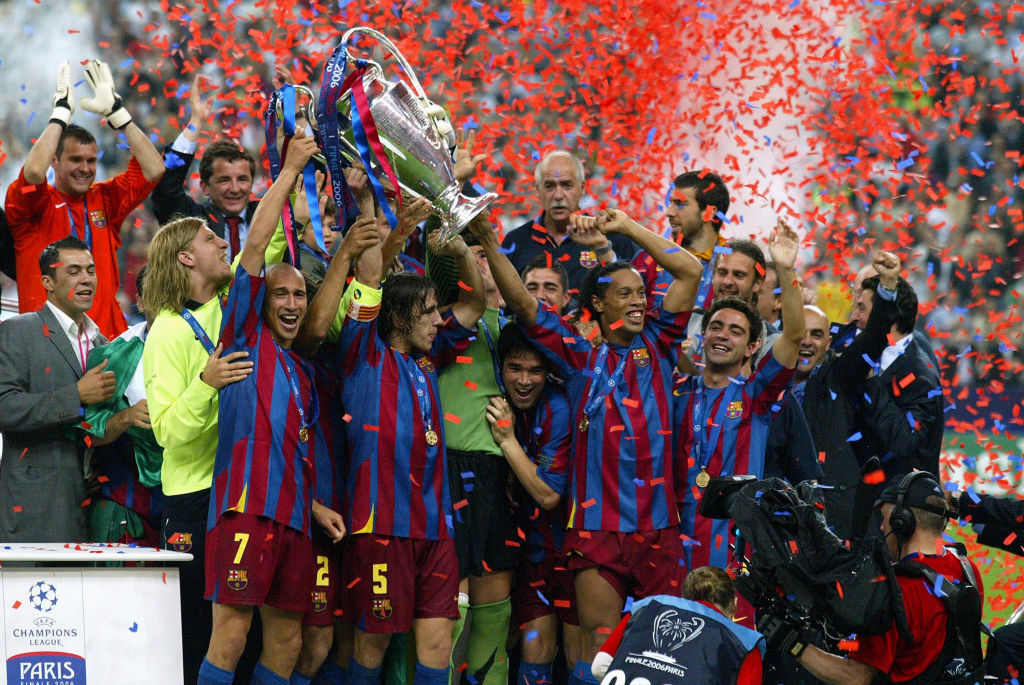James Milner: How to optimise your training
It’s not all about fitness and tactics. Liverpool’s midfielder explains the importance of knowing when to push yourself and ending every day on a high

Easy does it
“If you’re training one or two days after a game, make sure you take it easy. If we’ve played on Saturday, we’ll train on Monday and probably still be a little stiff or be carrying a knock from the match. This is why it’s important not to have a full intensity session so soon after a game. Some gentle jogging, light drills and stretching is all we’ll do. The idea with the first session of the week is to help you recover from the weekend and prepare you for the week.”
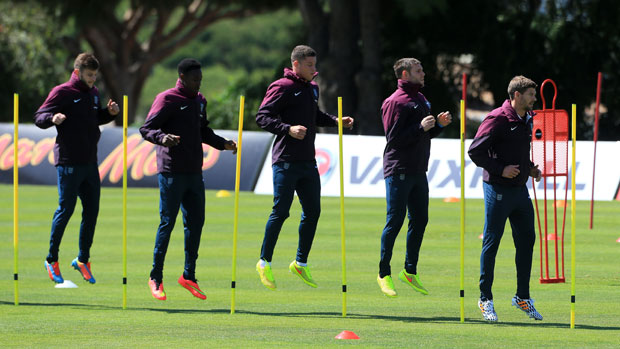
Don’t forget tactics
“Wednesday is much more intense and we’ll also do a lot more work on tactics, team shape and how the opposition will play. It’s important that players remember that you need to train aspects of team play like organisation at set-pieces as much as fitness and skill. It’s something that amateur teams might overlook, but one thing is true at all levels: teams that are well organised nearly always do well.”
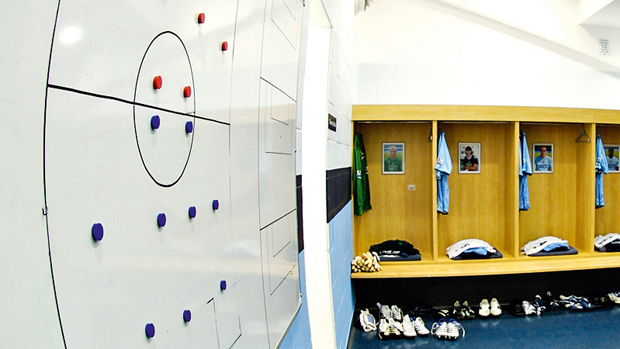
Prepare for training
“I’ll sometimes do a pre-activation programme ahead of training. It takes place about 15 minutes before the session starts and involves getting on an exercise bike to get blood pumping around my legs. We’ll then break into small groups to do exercises and stretches. We’ll do slow movement exercises and dynamic stretches – like kicking as high as we can – to get our muscles and glutes warmed up. It’s good because it means you’re not going out cold.”
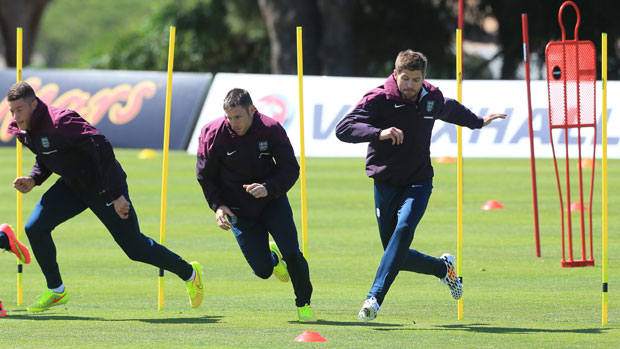
Finish on a positive
Get FourFourTwo Newsletter
The best features, fun and footballing quizzes, straight to your inbox every week.
“I will sometimes stay behind and practise some finishing or some penalties. When you hit a few balls in the back of the net it’s a nice feeling and makes you feel you’re doing the right thing to prepare for the match. Just like with matches, you can have good and bad sessions or you could have just lost the match on Saturday, so staying behind until you’ve seen a few balls hit the back of the net is important so you can finish the day on a positive note. You can then take this positive feeling into the next match.”
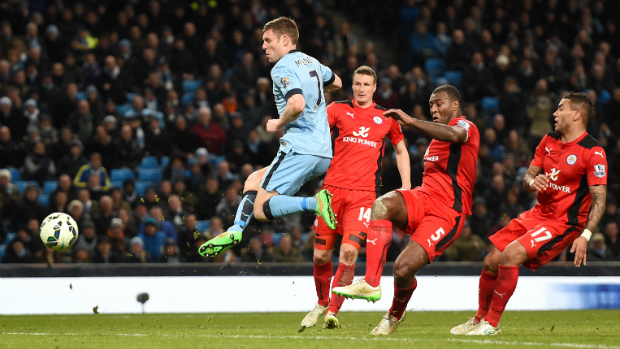
Protein – and pronto!
“Protein is important to help your muscles recover so I always have a protein shake after training. It’s important to get the protein into your body as soon as possible to get a more immediate recovery; once you’ve got that you can then have your shower and eat later. For my post-training meal, I make sure I have plenty of protein – chicken, steak or fish – then combine that with a carbohydrate like pasta, rice, noodles or potatoes. I also try and have some veg as well. I aim to get a balance with my meal.”
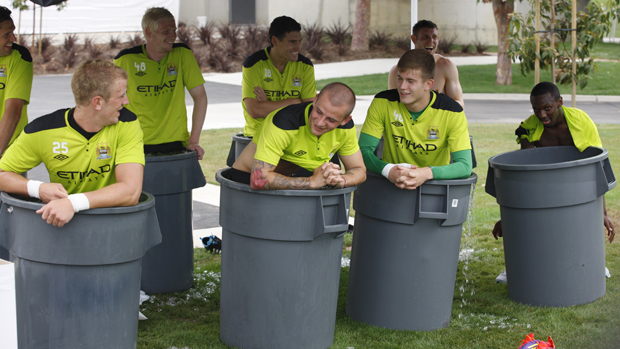
Stay hard to the core
“I do a weights session to help me in matches, but for me weights are not about getting big because I need to be as agile and mobile as possible on the pitch. I use the weights to increase my strength and I do that by working on core muscles [the body minus the legs and arms, basically]. The core muscles aren’t always used in a normal practice session but you need to be strong even when you’re off-balance – that’s what weights are good for.”
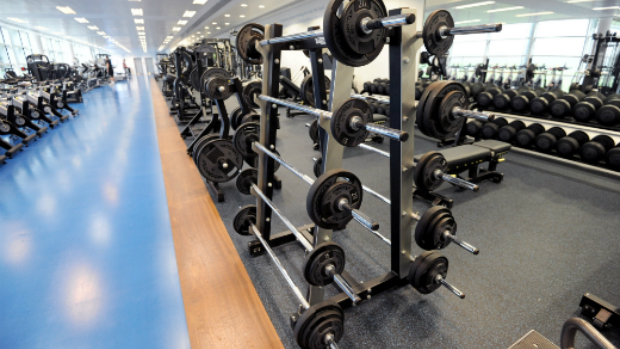
James Milner wears the new CTR 360 II, a boot that helps the playmaker to receive, control and distribute the ball to take charge of the game. Visitnikefootball.com
For more football tips:
James Milner’s guide to the off-season
Prepare like a professional
Beef up like Bale
Gareth Bale: Boost your performance
Alex Oxlade-Chamberlain: Maximise your training
